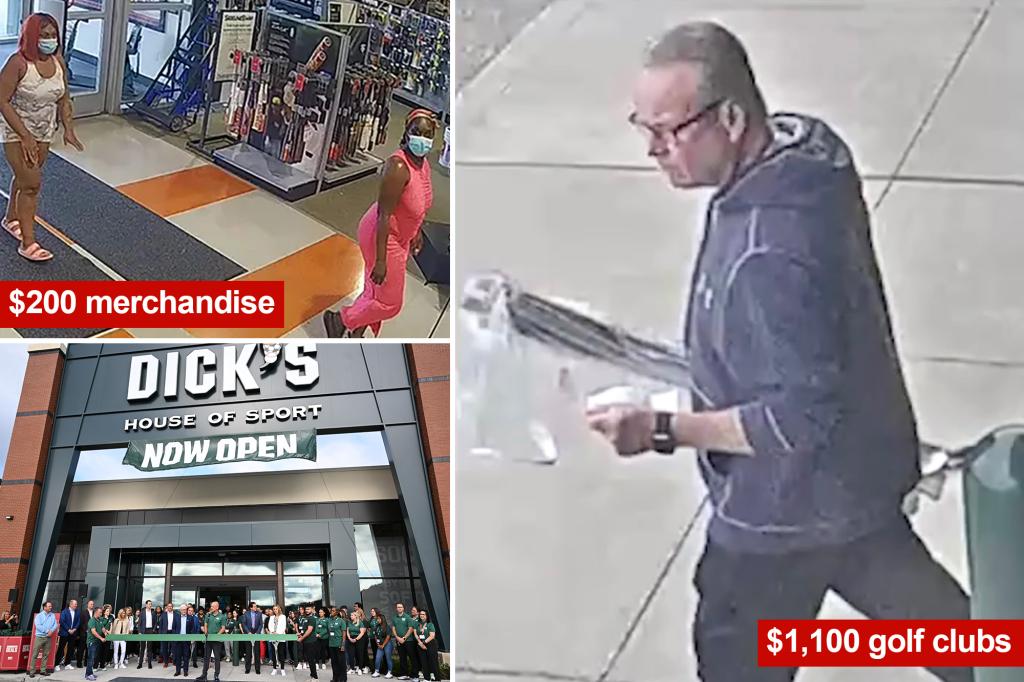Dick’s Sporting Goods has reported a 23% drop in profits for the second quarter, with sales up by only 3.6%. The sporting goods retailer has attributed the losses to “organized retail crime,” describing the trend as an “epidemic.”
Woke Dick's Sporting Goods blames 'organized retail crime' for 23% drop in profits https://t.co/xAUOmnfixl via @nypost
— Tom Fitton (@TomFitton) August 23, 2023
CEO Lauren Hobart has stated that the company’s Q2 profitability was short of its expectations due largely to elevated inventory shrink, caused by retail theft. The National Retail Federation says its survey of roughly 60 retailers found that shrink clocked in at an average rate of 1.4% last year, representing losses of $94.5 billion. Dick’s has had to reduce its expectations for the year to $11.33 to $12.13 per share, down from its previously-issued guidance of $12.90 to $13.80. The company reported a net income of $244 million for the second quarter, down from $319 million posted the same period last year. Inventory was down about 5% in the quarter compared to the second quarter in 2022.
Dick’s CEO cites “organized retail crime” as the direct cause for such losses; however, the company has not disclosed how much of its inventory reduction was directly from theft. Retailers, in general, have been struggling with issues of crime attributed to “loosened” prosecution of retail theft, rootless perpetrators, and poor law enforcement. Republican lawmakers have criticized the Biden administration’s soft stance on anti-theft measures, arguing that it is actively encouraging such crimes.
Many believe that Biden’s laxity on crime, together with the accompanying rise in crime rates throughout the US, is at the heart of the issue. Retail crime, in particular, has surged in the first half of this year, with shoplifting alone increasing by 120%. As such, retailers are facing an “epidemic of crime” that many believe has been made possible by Democrat policies that have failed to provide a robust state-condoned policing presence.
Experts working within the industry are predicting further losses moving forward, should the trend continue. Anthony Roman from Roman & Associates suggested that states’ loosened prosecution standards for retail crime has emboldened criminals to steal more and more brazenly.
Retailers like Target have also been experiencing similar issues in recent times, with CEO Brian Cornell citing “threats of violence” as being a pervasive factor in the crime wave. Target saw its first-quarter sales drop in six years as a result, and CEO Cornell stated that the Target team was still facing an unacceptable amount of retail theft and organized retail crime.
Overall, the trend of increased retail crime is a matter of great concern for stakeholders from all sides of the political spectrum. Nevertheless, it is evident that the Democrat administration’s soft approach to crime has exacerbated the problem by failing to provide retailers with robust enough legislation to counteract it. As criminals become emboldened, both parties can agree that more needs to be done at the highest levels of government to ensure that law enforcement agencies have the necessary resources to tackle the issue.



